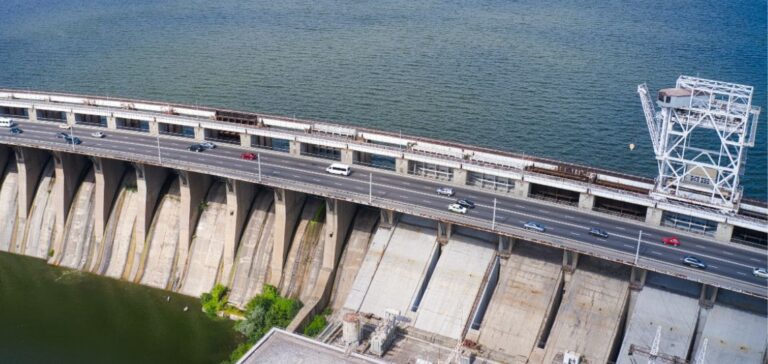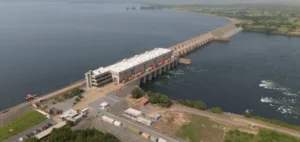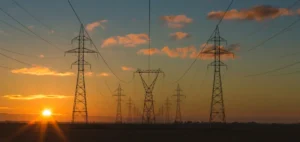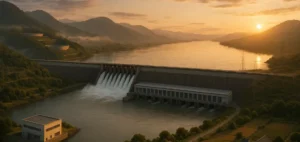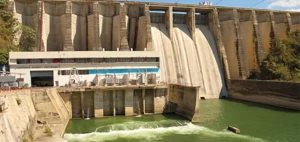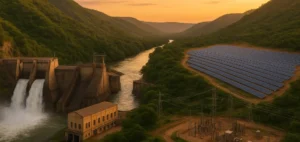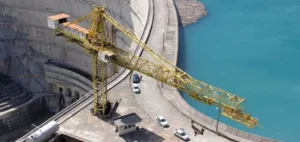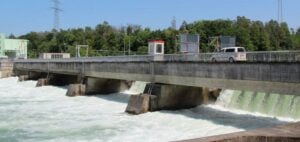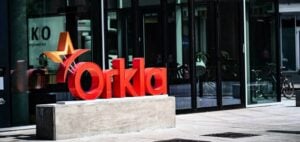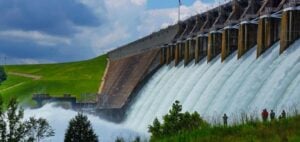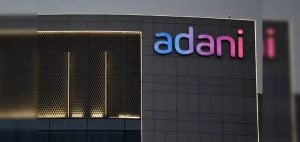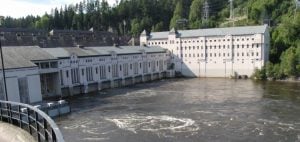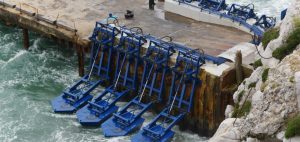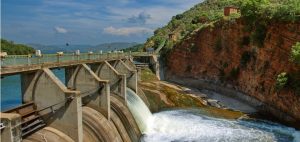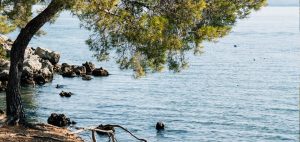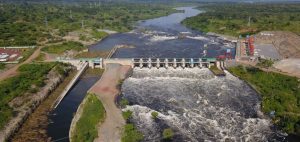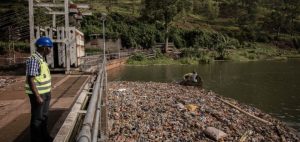Zungeru, a hydroelectric power plant in Nigeria’s Niger State, is being tendered for its concession. The development of the Zungeru hydroelectric project requires $1.2 billion. Nigeria is seeking a concessionaire to operate and maintain the plant for 30 years.
A short-term call for tenders
The Zungeru hydroelectric power plant has a capacity of 700MW. In July 2022, the Federal Government of Nigeria requested that the concession be accelerated. The National Privatization Council validates the strategy and the work plan.
The plant will have a short tender period as work on the project is scheduled to be completed in the first quarter of 2023. The Bureau of Public Enterprises, the government secretariat, is in charge of the international tender. In addition, the project is the first hydroelectric power plant in Nigeria
An essential experience
According to the tender, the concession contains an entry fee, an entrance fee and a reduced annual concession fee of five years. In addition, it provides for a fixed annual concession fee and royalties for the Zungeru plant. All amounts in the tender must be in Nigerian naira or its equivalent in US dollars.
Interested candidates will be required to demonstrate a minimum asset base of N50 billion or its equivalent in US dollars. Applications must contain a description of the business indicating the ownership structure and history of the business. In addition, they must also mention the management/organizational structure and at least 15 years of experience in the industry.

